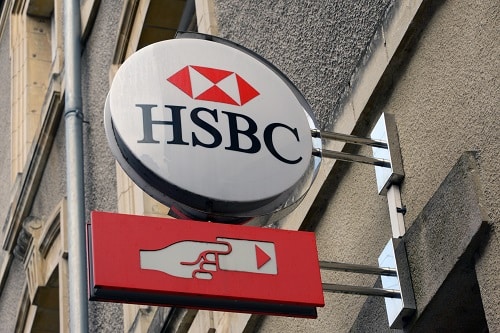HSBC and Hang Seng join Standard Chartered and Fubon Bank in China’s digital yuan pilot

HSBC and Hang Seng Bank have officially joined China's digital yuan pilot. HSBC China customers can now use their debit cards to access personal digital yuan wallet services. There have been cooperative efforts between foreign banks and Chinese financial authorities.
Global banking giant HSBC and Hang Seng Bank have officially joined China's digital yuan pilot, marking a pivotal moment for foreign banks in the digital currency space. This comes a month after HSBC launched digital asset protection services.
This move reflects the growing trend of traditional financial institutions globally accepting central bank digital currencies (CBDCs).
Foreign Banks Enter Digital Yuan Pilot Program
As foreign banks, HSBC and Hang Seng Bank made headlines as part of the first foreign banks to announce their participation in China's digital yuan pilot.
Reports from the 21st Century Business Herald confirm that banks are embarking on this journey by embracing the innovative technology behind the digital yuan.
HSBC China customers can now use their debit cards to use the official Digital Yuan app for personal wallets. This includes the ability to enable and disable wallets seamlessly. In addition, these customers can use their traditional debit cards to top up their digital RMB wallets, marking a functional integration of traditional and digital financial services.
Standard Chartered, another global banking heavyweight, has confirmed its participation in the digital yuan pilot. The Bank's Mainland China arm has successfully acquired the Digital Yuan Linking Platform, enabling it to offer digital Yuan exchange services to its customers. This move represents a strategic push for foreign banks to play a critical role in China's growing CBC landscape.
Collaborative efforts and adoption of CBDC
Standard Chartered's partnership with a mainland Chinese chartered clearinghouse controlled by the People's Bank of China underscores the collaborative efforts between foreign banks and Chinese financial authorities. This is in line with the broader trend of HSBC and Hang Seng stepping up their CBDC adoption plans not only in Hong Kong but also globally.
These developments mark a watershed moment in the integration of traditional banking institutions into the digital currency landscape.












